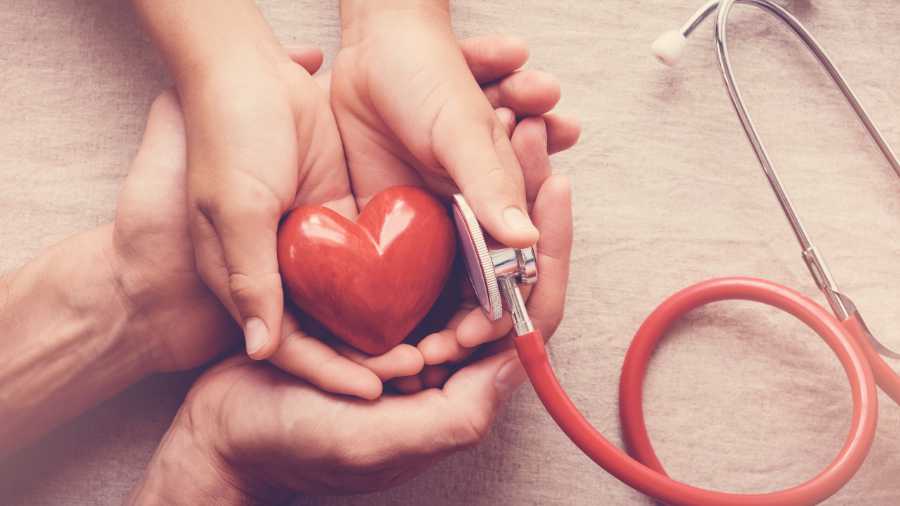High blood pressure, or hypertension, is a silent, asymptomatic killer that creeps up unknown to people. It is often discovered by accident during a routine medical check-up. The first signs may be devastating — a sudden stroke, heart attack, loss of vision or kidney failure — for a person caught unawares.
Blood pressure is the force with which blood pumped by the heart hits the walls of the arteries. This varies with age, climate, tension, anxiety and exercise. At birth, it is about 90/60. The arteries become less pliable with age and blood pressure begins to increase gradually. If the pressure reaches 130/80 or higher, it needs to be monitored regularly to make decisions about medication.
Young people, too, can develop hypertension (140/90 or more), but it usually starts to rise after the age of 45 years. It is more likely to affect the urban population and is commoner in men than in women. Around 29.5 per cent of adults have hypertension.
Sometimes blood pressure is labile — rises in certain stressful situations. This may eventually lead to sustained hypertension. In older people, only the upper value (systolic hypertension) may be high. This also requires treatment.
Secondary hypertension is due to underlying medical conditions — uncontrolled diabetes, pre-existing kidney problems or malformation of the organs, narrowed renal arteries, or adrenal or thyroid diseases. It may also be a side effect of medication for other conditions. Secondary hypertension is more resistant to treatment and the readings tend to be higher than in primary hypertension. It can start under the age of 35 in people of normal weight and with no family history of high blood pressure.
Pregnancy can aggravate pre-existing hypertension. High blood pressure can also develop suddenly during the pregnancy, usually around 20 weeks. In most women, it disappears within 12 weeks after delivery. Hypertension that develops during pregnancy needs to be closely monitored and treated. If neglected, it may cause decreased blood flow to the placenta, which may result in premature birth or an underweight baby. The placenta can suddenly separate from the uterus, a life-threatening complication for both mother and baby.
The risk factors for developing hypertension are increasing age, a family history of hypertension, obesity, smoking and alcohol consumption. A high intake of salt, too, is associated with worsening hypertension as also difficulty in controlling it. The recommended intake of salt per day is five grams (one level teaspoon) or less. Many pre-cooked, ready-to-eat and preserved foods have a high sodium content. Low magnesium and potassium in the diet can also aggravate it.
Consistent high blood pressure puts tremendous strain on the heart as it tries to pump the blood through the body. This may cause the heart to enlarge and, eventually, fail. As the blood hits the blood vessels under high pressure, small areas of weaknesses — called aneurysms — may form. When this happens in the eyes, it can cause blindness. The kidneys are particularly vulnerable — high blood pressure can lead to kidney failure.
A wide variety of medicines are available for treating hypertension. It is essential to take them in the prescribed time and dose. Timing is important. If you are taking them at 9am, be consistent and do not skip medication on days that you fast.
A healthy low-fat diet helps in the control of high blood pressure.
Reduce the intake of salt and salt-containing snacks.
Increase potassium in the diet by adding fruits and vegetables like tomatoes, potatoes, peas and mushrooms.
Exercise aerobically — walk, run, cycle, swim — for 150 minutes a week.
Stop drinking.
Do not use tobacco in any form.
Reach the ideal body mass index, or BMI, which is weight divided by height in metre squared = 23.
The writer is a paediatrician with a family practice at Vellore and the author of Staying Healthy in Modern India. If you have any questions on health issues please write to yourhealthgm@yahoo.co.in











